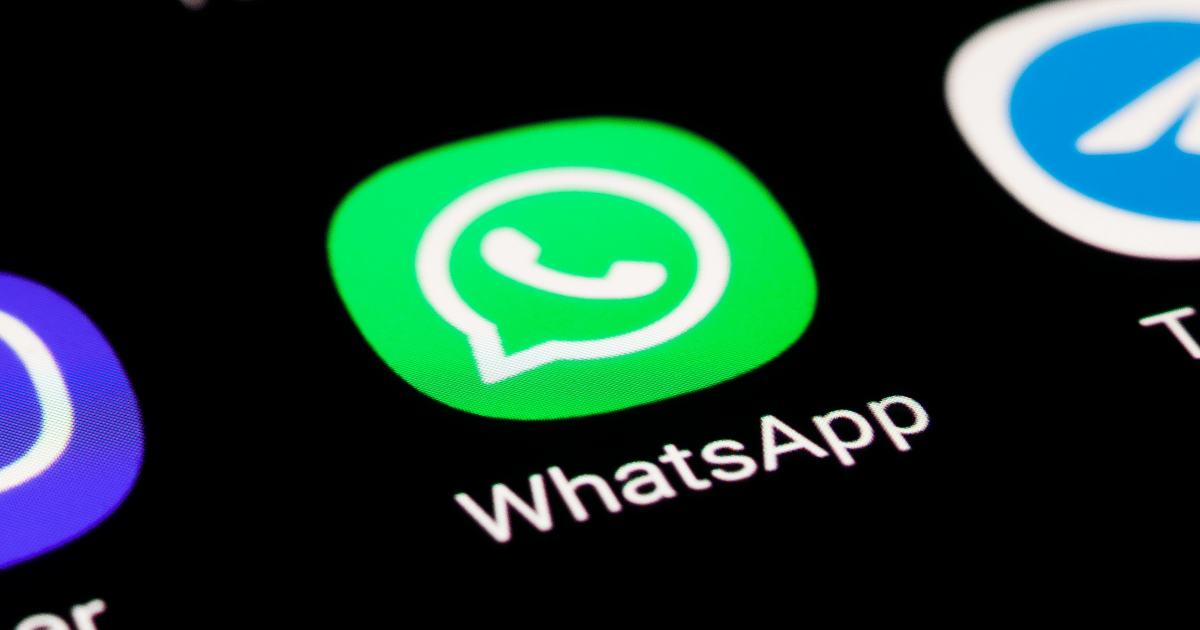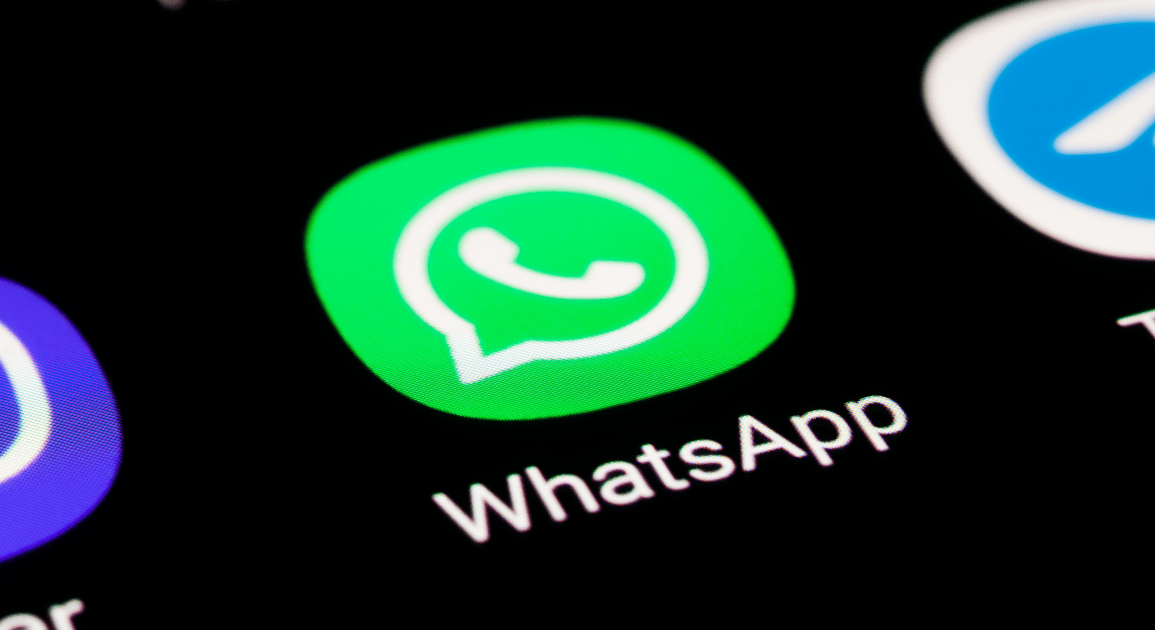
Probably not legal: DMA and GDPR. When Meta bought WhatsApp in 2014, there were fears of a merger and an increase of the company’s monopoly power. The EU Commission waved through Meta’s purchase of WhatsApp nonetheless. Now, with the new Digital Markets Act (DMA) in place, the EU pledged to restrict the dominance of big tech monopolies. Article 5(2) of the DMA requires freely given user consent when companies want to link data across services. Similarly, the GDPR requires “freely given” consent for personalised advertising. Users should therefore have the option to say “yes” or “no”. However, Meta does not currently allow this on Instagram and Facebook. Instead, it has introduced a so-called Pay or Okay model, where users have to pay if they want to say “no” to ads. It would be likely that Meta takes the same approach on WhatsApp.
“Pay or Okay” also on WhatsApp? Given that EU law requires consent, the question arises how Meta wants to implement that? Until 2016, WhatsApp had cost US$1 per year. In the meantime, Meta charges € 9.99 for using Instagram or Facebook without ads (that is €119.88 per year or 120 times the old WhatsApp fee). The EU Commission has already classified Meta’s Pay or Okay approach as illegal – but so far, Meta is happily continuing (with minimal changes) to force a fee on users that do not want give up their right to privacy. While only about 3-10% of people want personalised advertising, Pay or Okay gives Meta a consent-rate of more than 99% – just not “freely given”, but through excessive fees if you don’t give up your data. It is likely that Meta would take the same approach when implementing data sharing and advertisement on WhatsApp. This yields a lot of profit, while operating a messaging app is not expensive: The popular alternative Signal only needs a budget of $50 million to run a global non-profit alternative.
Max Schrems, chairman of noyb: “Meta is doing exactly the opposite of what EU law requires. The data of its various platforms gets linked and users are tracked for advertising without any genuine choice. Without freely given consent, linking data and showing personalised advertising is clearly illegal. Meta has already introduced a ‘Pay or Okay’ approach on Instagram and Facebook, without the Irish data protection authority or the EU Commission taking any effective action against it. We suspect that Meta will do the same with WhatsApp.”
EU laws finally irrelevant for Meta? While WhatsApp is hardly used in Meta’s home market in the US, it is very dominant in the rest of the world. The largest global market for WhatsApp in terms of purchasing power is certainly the EU. Nevertheless, since Donald Trump’s election, Meta seems to have changed course and is openly ignoring EU law. Like the Trump administration, Meta has now adopted the narrative that existing EU law would be an unfair trade barrier for US big tech and “almost like a tariff”. A few weeks ago, Meta announced that it would use the personal data of all EU users for AI training without asking for consent. Now comes the next blow: using that data for ads on WhatsApp. Meta no longer seems to care about what Brussels legislates.
Max Schrems: “The lack of enforcement of EU law is painfully obvious. The EU Commission and national data protection authorities have a duty to protect citizens from the use of their data without consent – but Meta learned that there are no real consequences. There are hardly any penalties, and the penalties that have been imposed so far have not been paid. Instead, Meta seems to follow the approach by the Trump administration and simply ignores EU rules as somehow ‘illegitimate’. European regulators urgently need to take clear action.“
Next legal battle on the horizon. noyb will, of course, examine this breach of the law again. If necessary, we will initiate procedures against Meta. The details depend on Meta’s practical implementation and therefore cannot yet be assessed conclusively.
Max Schrems: “Signal works just as well as WhatsApp, but is non-profit and donation-funded. We expect that Meta’s push to show ads on WhatsApp will lead to the next big exodus to Signal.”
This post was originally published on this site be sure to check out more of their content








